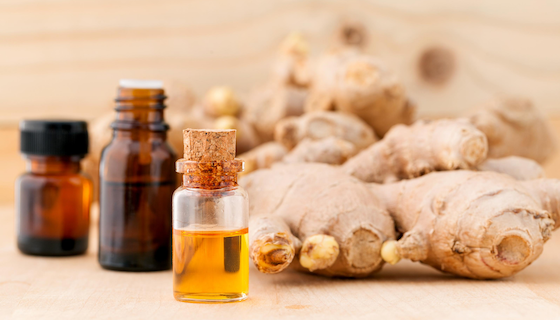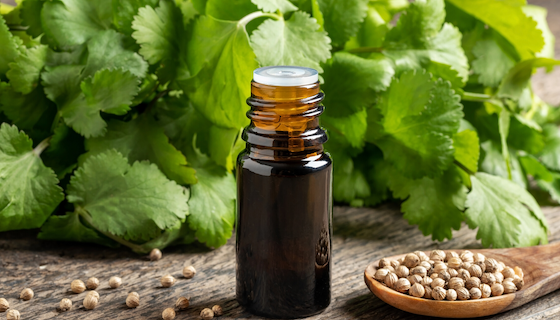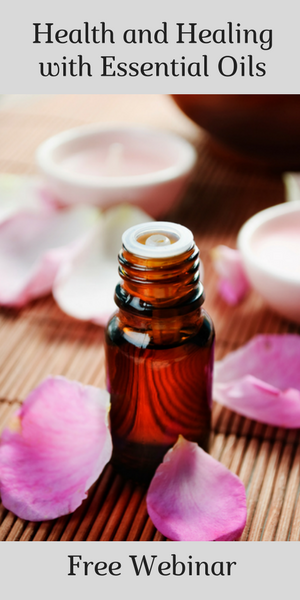Can Your Diet & a Nutrient Deficiency Be Making You Sick?
I have made a career based on the belief that the food we eat can greatly affect our health.
And thankfully, we now have the science to prove it. 98% of diseases are caused by diet, lifestyle and environment – it’s called epigenetics. A gene can be influenced by nutrition and lifestyle choices, either good or bad. This is good news because it means we have more power over our health than we ever thought we did. It’s not just ‘luck of the draw’ whether you get cancer, Type 2 diabetes, heart disease, etc.
Click Here for Your Free PDF from Leann: ’37 Cancer Facts You Should Know…But Probably Don’t’
As a health coach – and a lover of all things related to food – I know that no one wants to give up their favorite foods, but at the same time many diseases are linked to a nutrient deficiency due to the popularity of processed, nutrient-void food.
The key is to eat foods that you love, but to make sure that a majority of your diet contains the necessary nutrients to reduce your risk of the following illnesses:
Heart Disease
We know that when we hear “heart disease“, it can encompass numerous health issues. The most well-known is when the blood flow to the heart is blocked and you experience a heart attack. According to the American Heart Association, eating a diet rich in fruits, vegetables, fatty fish and lean meats can help you prevent heart disease. Did you also know that 95% of heart disease is completely reversible?
To combat heart disease, make sure you’re getting plenty of these nutrients:
- Omega 3’s
- Magnesium
- Vitamin K2
- Vitamin D
Cancer
While I am not talking about a particular type of cancer, I want cover a generic prevention plan that covers all bases. By now you should know the recommended lifestyle changes we can take to reduce our cancer risk: stop smoking, eat healthy, exercise, wear sunscreen, regular self-exams and screenings, etc. But you should also make sure that you’re getting enough:
- Antioxidants
- Omega 3’s
- Beta Carotene
- Curcumin
Alzheimer’s Disease
Brain diseases, such as dementia, memory loss and Alzheimer’s are extremely serious, life threatening, and unfortunately they worsen over time. There is something called the MIND diet, which stands for Mediterranean-DASH Intervention for Neurodegenerative Delay. In the MIND diet there are specific food groups that you are allowed to eat from and 5 you should avoid. The food groups they advise you eat from include:
- Green leafy veggies
- Nuts
- Berries
- Beans
- Whole grains
- Fish
Migraines/Headaches
To reduce the number of migraines or headaches you experience, make sure your diet includes lots of:
- Magnesium
- Calcium
- Zinc
High Blood Pressure
If your doctor tells you that you have high blood pressure, a pill may be prescribed and you’ll go about your normal diet. That’s a mistake. Managing your blood pressure is difficult if you’re deficient in these nutrients:
- Magnesium
- Potassium
- Coenzyme Q10
- Omega 3’s
Inflammation
I speak about inflammation a lot. It’s because chronic inflammation is the root cause of so many health issues – heart disease, diabetes, bone health, cancer, and behavior disorders. Anti-inflammatory diets include lots of fish, fruits, veggies and nuts. Here are some examples of foods to load up on:
- Fatty fish (salmon, herring, tuna and mackerel)
- Avocados
- Broccoli
- Watermelon
- Walnuts
- Olive oil
- Berries
Fatigue
To give yourself some energy to get through the day, you need to make sure you’re getting plenty of:
- Vitamin B12
- Vitamin C
- Iron
- Folate
Anemia
You’re classified as anemic if you are deficient in red blood cells. Most people don’t entirely understand anemia, but it’s the most common blood disease. When you’re anemic it’s important to get oxygen to your blood cells. To do that, your body will need more:
- Iron
- Vitamin B12
Hypoglycemia
Hypoglycemia, also known as low blood sugar, is mostly caused by your diet. Poor eating choices can result in low levels of glucose in your blood. To avoid low blood sugar, try to include foods high in:
- B vitamins
- Iron
- Vitamin C
- Magnesium
Osteoporosis
According to the National Osteoporosis Foundation, “osteoporosis is a bone disease that occurs when the body loses too much bone, makes too little bone, or both. As a result, bones become weak”. People at risk, can benefit from increasing their intake of foods high in these:
- Calcium
- Vitamin D
- Magnesium
- Potassium
This is where I want to state what I hope is obvious (but maybe not): Foods that come from PLANTS are nutrient-rich. Foods that were made IN a plant are man-made, laboratory creations fully of chemicals and very nutrient-VOID.
 Curious to see if you’re deficient in any nutrients and headed for trouble? First, I recommend micronutrient testing, then my health coaching can help you detoxify and ‘nutrify’ your diet and lifestyle.
Curious to see if you’re deficient in any nutrients and headed for trouble? First, I recommend micronutrient testing, then my health coaching can help you detoxify and ‘nutrify’ your diet and lifestyle.
You can also increase nutrients in your food by sneaking vegetables in your favorite meals. My cookbook along with organic veggie powders can help you get started.
 Login
Login








